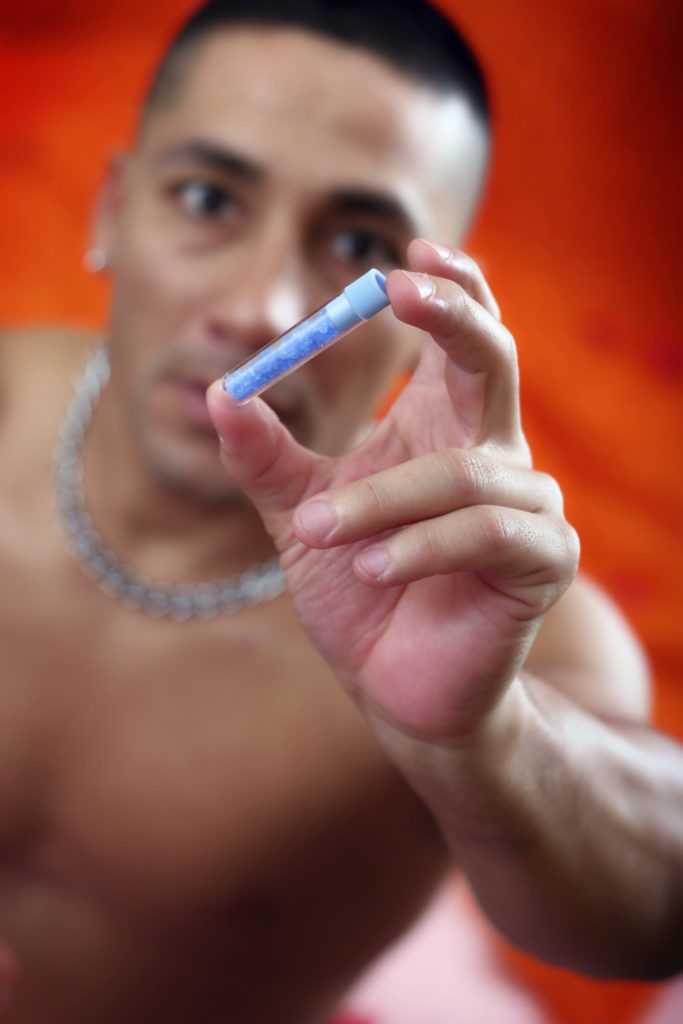Several crusading addiction researchers hope to cure addiction by stamping out the cravings attached to triggers or by using vaccines to destroy drugs in the body. The new drugs are promising, but mostly untested in humans. They have the potential to help millions of people.
18-methoxycoronaridine
The drug that Dr. Stanley Glick has spent almost 20 years developing in the hopes of curing addiction is called 18-methoxycoronaridine, or 18-MC for short. He has run a number of tests on animals that were addicted to cocaine, alcohol, methamphetamine, nicotine or morphine. Just a few administrations of the drug 18-MC and the addicted lab rats lose the desire to use drugs. Dr. Glick has even used 18-MC to treat sugar addiction in lab rats, and it worked. According to his studies, it sounds like 18-MC is the miracle drug the addiction community desperately needs. The problem is that the medication’s effectiveness in humans hasn’t been fully tested and there are serious concerns that it may not be safe. 18-MC is a chemical that is closely related to a substance known to cause very unpleasant side effects in humans, including intense hallucinations and terrible nausea.
A Cocaine Vaccine
Dr. Ronald G. Crystal, working at Weill Cornell Medical College, has developed a vaccine to treat cocaine addiction. The vaccine has been tested in lab animals with great success, and human trials are just around the corner. In effect, the vaccine gobbles up cocaine molecules in the bloodstream, preventing a user from getting high. Without the high, there is no point in taking the drug. The vaccine is a combination of parts of a cold virus, not enough to make the user sick, and a molecule that mimics cocaine. Once injected, the patient’s immune system recognizes the virus and attacks. It also takes note of the cocaine mimic and starts making antibodies against it and similar molecules, like cocaine. Cocaine becomes the enemy, and if it enters the bloodstream, the immune system will kick into gear and destroy it.
Regulating Dopamine
One more pioneering researcher, Dr. Juan Canales of the University of Canterbury in New Zealand, has developed a drug that has essentially cured cocaine addiction in lab rats. It works by activating a certain receptor in the brain that stops dopamine from being released. Dopamine is the brain chemical that is responsible for a pleasurable feeling and is released in large quantities in response to drug use. In studies, rats addicted to cocaine were given the medication. With dopamine blocked, they got no high from cocaine and had no desire to use it anymore. Even more promising is the finding that the rats in the studies don’t relapse. They seem to be cured of the addiction. All of the latest, exciting research on medications that have the potential to cure addiction is tinged with the doubt that they will work or be safe in humans. Changing the release of dopamine, for instance, could have unintended or prohibitive side effects. So far, the lab animals have not experienced any serious side effects, but only human trials will tell researchers with any certainty whether these medications will help human addicts. There are barriers to trials and to getting medications in the marketplace, but researchers are hopeful. It may not be long before a real cure for addiction is found.






